What forex leverage should I use? Forex leverage is one of the most controversial topics of the forex industry. The primary reason why some traders choose to use leverage and others don’t, is because they don’t have a proper understanding of how leverage works.
A lot of beginners put themselves in a position where they get themselves in trouble and lose money. So what forex leverage should you use?
It’s pretty common for forex traders to have no idea what leverage they should use. There are so many different opinions out there, you start questioning if you’re doing the right thing.
In this guide I’m going to reveal how to find your ideal forex leverage and show you the quick way of finding your perfect balance between risk and reward.
Leverage can be a great tool for Forex traders. It can also result in a quick loss and mounting frustration if used without discipline in your strategy. Used with discipline, leverage is a potent weapon to profit from even the smallest of price movements.
This is the answer to a question that most Forex traders are asking themselves. The truth is, you do not have to subscribe to a specific leverage ratio for trading.
The choice of trade volume depends on the broker as well as on trader’s personality. The forex market is the largest financial market in the world and it is quite often to be referred to as a “cashless” market.
The forex market is an over-the-counter (OTC) trading market where there is no exchange or auction to match buyers and sellers.
In other words, there are no central clearing houses involved with forex transactions which makes this a decentralized financial market.
Key takeaway points
- What forex leverage should I use?
- What is the best leverage in forex for beginners?
- What leverage is good for $100?
- What lot size is good for $50 forex account?
- Does leverage affect lot size?
- Does leverage affect profit?
- How much can you make with $1000 in forex?
- What leverage is good for $1000?

What forex leverage should I use?
The question of how much leverage you should use is something that all traders should ask themselves, but it is especially relevant for newcomers to the Forex market.
The answer, as always, is: It depends.
But what does it depend on? Let’s take a look at some of the most important factors that influence your leverage decision:
Your trading strategy. Some strategies are inherently more risky than others, so it makes sense to use higher leverage if you want to maximize your returns.
For example, scalping strategies often use very high leverage because they are based on small price movements and thus require you to open a lot of positions quickly in order to make decent profits.
On the other hand, long-term strategies that require holding positions for weeks or months can be used with lower leverage because they allow you to take advantage of bigger price movements and thus make larger profits per trade.
Your risk tolerance level. If you are comfortable taking risks and have no aversion to losing money (or even going bankrupt), then you can use higher levels of margin when opening trades provided that your strategy allows this.
But if you’re afraid of losing money and would rather avoid losses at all costs (even if it means missing out on big opportunities), then using a lower margin is for you.
Your financial situation and creditworthiness. If you have a lot of money in the bank, then using a higher leverage could work well for your strategy.
But if you only have a small amount of capital, then using high leverage could put your account at risk because even a small loss would wipe out most of your equity.
The amount of leverage available on the trade. For example, if the maximum leverage available for trading forex is 100:1, but your broker allows only 50:1 on some currency pairs but 150:1 on others, then it makes sense to trade only those pairs with 150:1 leverage instead of 50:1 or 100:1.
Read more article: Tax Free Countries for Forex Trading
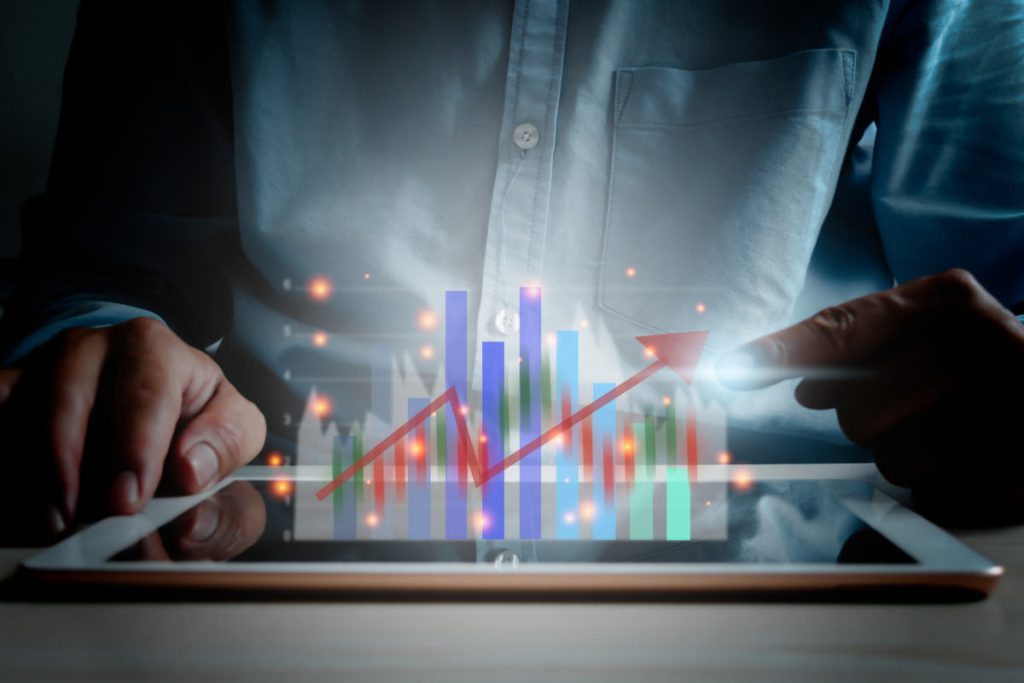
What is the best leverage in forex for beginners?
The reason for this is simple. 100:1 leverage means that if you deposit $100, you can trade with $10,000. If you made a profit of 10% on your $10,000 trade, you would have made $1,000.
This gives you an opportunity to make more money as a beginner than any other leverage that’s offered in the forex market.
If you’re a beginner and want to start trading forex, it’s important to understand that there are different types of accounts available depending on your experience level.
Each type has different rules and regulations associated with them so be sure to read up on which account is right for you before signing up with any broker or company.
There are also different ways to trade currencies with each one offering different advantages and disadvantages depending on what kind of trader you are and how much money you have to invest into the market at any given time.
Some traders prefer trading currencies through spot forex while others prefer trading through futures contracts or options contracts when it comes down to being able to control their risk exposure in order not lose all their money if something goes wrong during a trade.
Spot Forex
Spot forex is considered to be the most basic way of trading currencies, but it should also be noted that this is the most expensive way of trading as well.
This type of trade involves buying and selling currencies right away, which means that there is no leverage involved in these trades whatsoever.
When you want to buy 100 USD worth of EUR currency pair, then you need to have 100 USD available in your bank account (or at least enough money so that your broker won’t reject such a large transaction).
You can only sell 100 USD worth of EUR currency pair if you actually own 100 USD worth of them (or at least enough money so that your broker won’t reject such a large transaction).
The amount of money that you have available for trading purposes is called capital and it represents the only financial resource that you can use during trading activities.

What leverage is good for $100?
The most common leverage is 1:1, or 100% leverage. This means that if you put $100 into a trade, it will be matched with another $100 from the broker. You can use this to trade with more money than you have in your account, which is called “trading on margin.”
If you want to be able to trade with less than $100, then you need to use less than 100% leverage. For example, at Kraken (a Bitcoin exchange), the minimum amount that you can buy or sell is 0.01 BTC that’s about $10 worth of Bitcoin (at current rates).
If you only have $10 in your account, then Kraken will give you 10:1 leverage, so that your position will be worth $100 instead of just $10.
100% leverage means that you have $100 in your account and you borrow $99 from the broker, so that your total holdings are $199. When that happens, your expected profit and loss (EPL) is simple to calculate:
the gain or loss on each trade is 100% of the amount invested. So if you buy at $1 and sell at $2, your gain is 100%. If you short sell at $2 and buy back at $1, your loss is also 100%.
50% leverage means that you have $100 in your account and buy 50 shares of something for $50 using margin (borrowed money).
Since you only own 50% of the total trade value, there is no guarantee that you will be able to participate in all of the upside potential for this position.
In fact, if the stock drops 50%, then even though it’s down only 50 cents per share, it has cost you half as much as when trading 100% margin because only half of your position value is available to protect against losses.
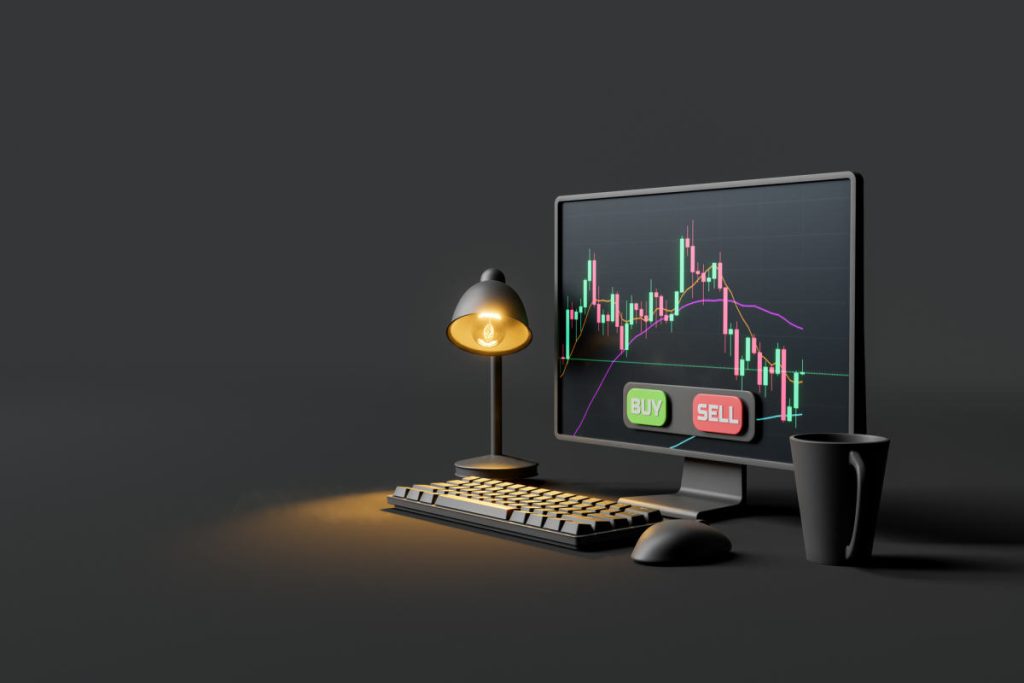
What lot size is good for $50 forex account?
A lot is the smallest unit of a currency that you can buy or sell. It is typically expressed in base units like dollars, yen, pounds, etc.
For example, if you want to trade GBP/USD, then the lot size will be 100 units. If you want to trade EUR/USD, then the lot size will be 10,000 units.
Most brokers offer different lot sizes and there are two common ones: micro lots and standard lots. Micro lots are very small and are used by beginners; standard lots are bigger than micro lots and are used by more advanced traders.
The table below shows how much each broker offers in terms of lot sizes:
Broker Lot Size
USD/EUR 1.0 Lots
GBP/USD 10.0 Lots
JPY/USD 10.0 Lots
AUD/USD 10.0 Lots
NZD/USD 10.0 Lots
I would say that a minimum of 1 lot per trade is best, although some people do get away with less. The trick is to avoid risking too much on each trade and sticking to your rules regarding stop losses and exiting trades early.
The only way to learn this skill though is through practice so start by opening a demo account (a virtual money account) and practice trading with fake money until you feel comfortable doing so before moving onto real money!
The lot size is the amount of money you are willing to risk on each trade. The size of your account should be based on your trading style and the amount of capital you have available.
The minimum recommended lot size for a $50 account is 0.01, or one pip. This means that if you buy EUR/USD at 1.1120 and it moves up to 1.1130, then you make 30 pips (30 x $50 = $1,500). However, if it moves down to 1.1090 and you sell at 1.1110, then you lose 20 pips (20 x $50 = $1,000).
In general, a small account should only trade with lots as small as 0.01 or 0.02 because any larger than this will result in losing more than half of your capital when you get stopped out of your positions early enough before reaching your target profit levels or stop losses are triggered.
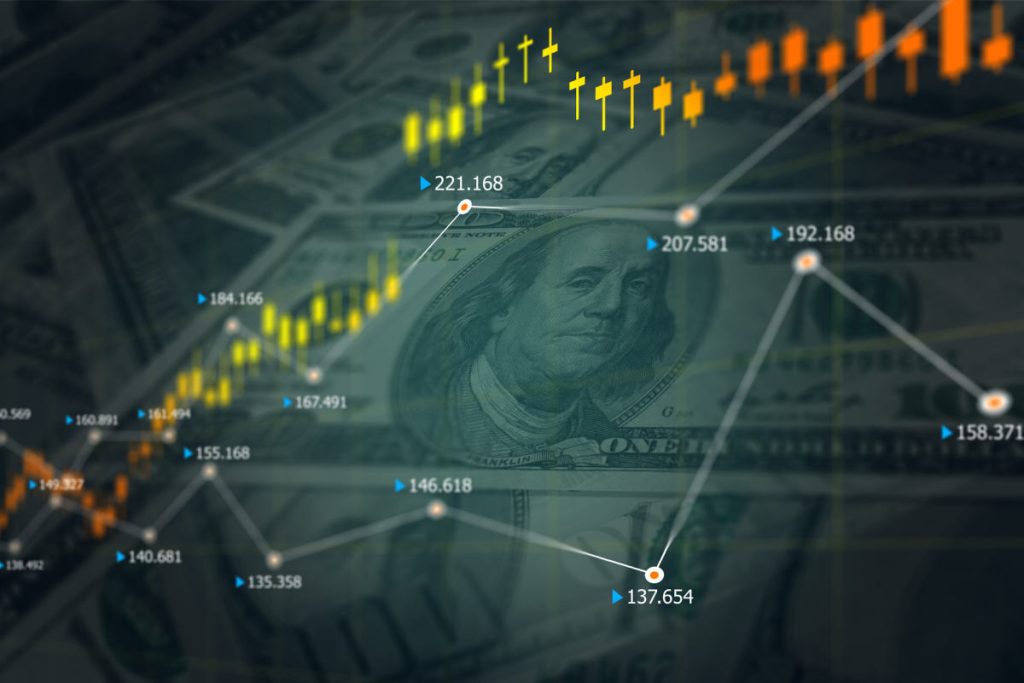
Does leverage affect lot size?
The answer is yes, at least for most people. The higher your leverage, the lower your lot size should be.
Here’s why:
As you increase leverage, you are increasing the riskiness of your investment portfolio. You must therefore reduce other risky investments to compensate for this increase in riskiness.
If you have a $1 million portfolio and it’s 100% leveraged, then you are taking on risk that would normally belong to someone who had a $10 million portfolio (if they were fully unlevered).
This means that if you want to be exposed to the same amount of risk as someone with a fully unlevered $10 million portfolio, then your lot size should be much smaller than 10X.
Let’s look at an example: Suppose you have $100,000 and want to use leverage to buy 100 shares of XYZ stock at $100 per share. You can do this by borrowing $100,000 from your broker and buying the stock with it.
Your broker will then lend you the $100,000 for free (or for a small fee). Now suppose that you want to buy 1000 shares of XYZ stock at $100 per share. How many dollars do you need?You need to borrow another $900,000 from your broker, for a total of $1 million.
But if you had only bought 100 shares in the first place, you would only need $10,000 in cash ($1 per share times 100), which is less than what you need when buying 1000 shares. So using leverage increases lot size.
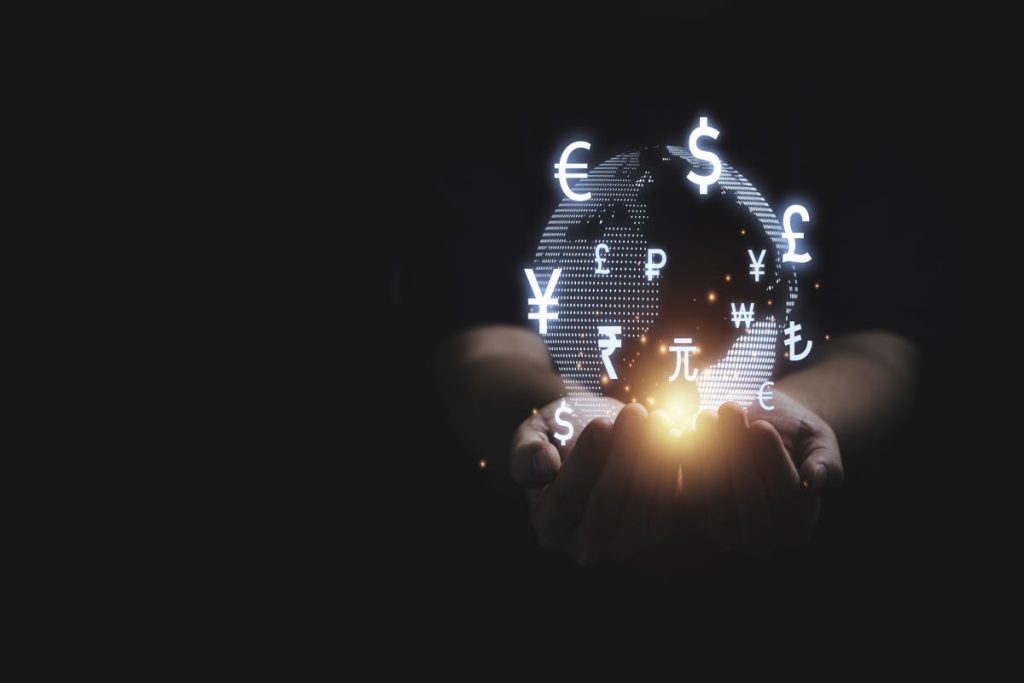
Does leverage affect profit?
The answer is yes, leverage affects profit. Leverage is the amount of debt a company or individual uses to purchase assets. A business with little or no debt has little or no leverage. A business with a lot of debt has a lot of leverage.
Because borrowing money allows a company to own assets that it wouldn’t be able to afford without borrowing, it is often assumed that leverage will increase the return on assets (ROA).
In other words, the use of debt may allow companies to earn more than they could without it.
First, let’s define leverage. Leverage is the ratio of debt to equity in a company. For example, if I own 100% of my company and have no debt, then my leverage ratio is 0%.
If I take on $100 million in debt and my equity is still $100 million, then my leverage ratio is 1X (or 100%). If I take on $100 million in debt and my equity is now $50 million, then my leverage ratio is 2X (or 200%).
The key question here is whether the increased risk of default associated with the increased leverage means that investors will demand higher returns from companies that borrow more money than those who don’t.
The answer depends on what type of investor we are talking about do we mean retail investors or institutional investors?
A retail investor may be able to get better returns by investing in a company with higher leverage because she can buy more stock at a lower price than she could if there wasn’t any debt involved.
Therefore she can use leverage to increase her portfolio size without having to put up much more capital herself (assuming that the interest rate paid on this debt is lower than her expected return).
Read more article: Open Demo Account for Forex Trading
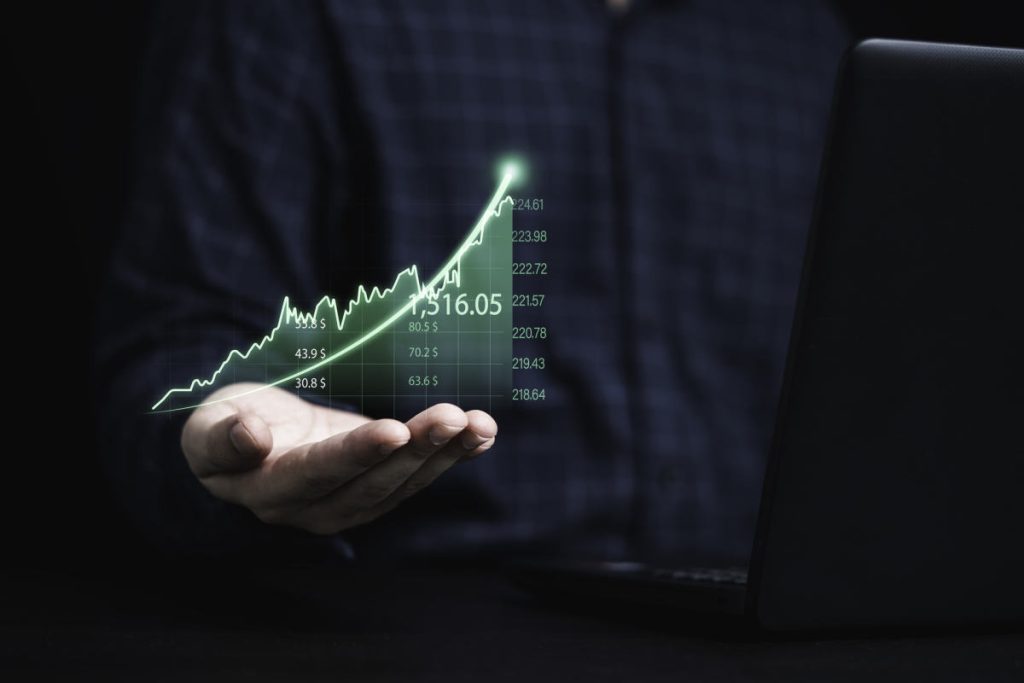
How much can you make with $1000 in forex?
If you are new to the foreign exchange market, it is natural to be skeptical about whether or not it is worth your time. While there are many stories of people who have made millions of dollars through the forex market, there are also plenty of people who have lost their shirts.
The key to success in any business is knowing how much money you can make and what it will take to get there. If you know how much money you can make on average with a certain amount of effort, then it will be easier for you to decide if this business is right for you.
How much can I make trading forex?
The answer depends on several factors, such as:
- Your skill level as a trader
- How much time you spend trading each day
- How well diversified your portfolio is
- How aggressive your trading style is (conservative or aggressive)
If you want to make money fast then you may be better off looking at other investments such as stocks or options.
However, if your goal is to make a long-term investment with the potential for high returns then Forex is the answer.
The short answer is that it depends on what type of account you use and how much leverage you employ. Here are some scenarios:
1) If you use a micro account (less than $10K) and leverage 1:100 (1% margin), then you could potentially make up to 100% return on your deposit in one day!
There are many different ways to make money trading forex, but the easiest way is to have a lot of money. If you have $100,000, you can trade in high leverage and make more than 1% on a daily basis. If you have $1,000, however, it’s not that simple.
If you have $1000 and want to start trading forex, then your goal should be to make at least 1% per day. You can do this with a leveraged account at Forex.com or another broker that allows small accounts to trade with higher leverage (2:1).
Let’s say that you place a long EUR/USD position worth 1000 Euros on the 4:00 PM fix (EUR/USD = 1.2045). At the next fix at 4:15 PM, the price has moved up slightly to 1.2048 so your position has made 0.000146%.
This means that if you hold that position until 4:30 PM when the market closes for business in New York and London (the session ends), then your total profit would be $0.50 less transaction costs.
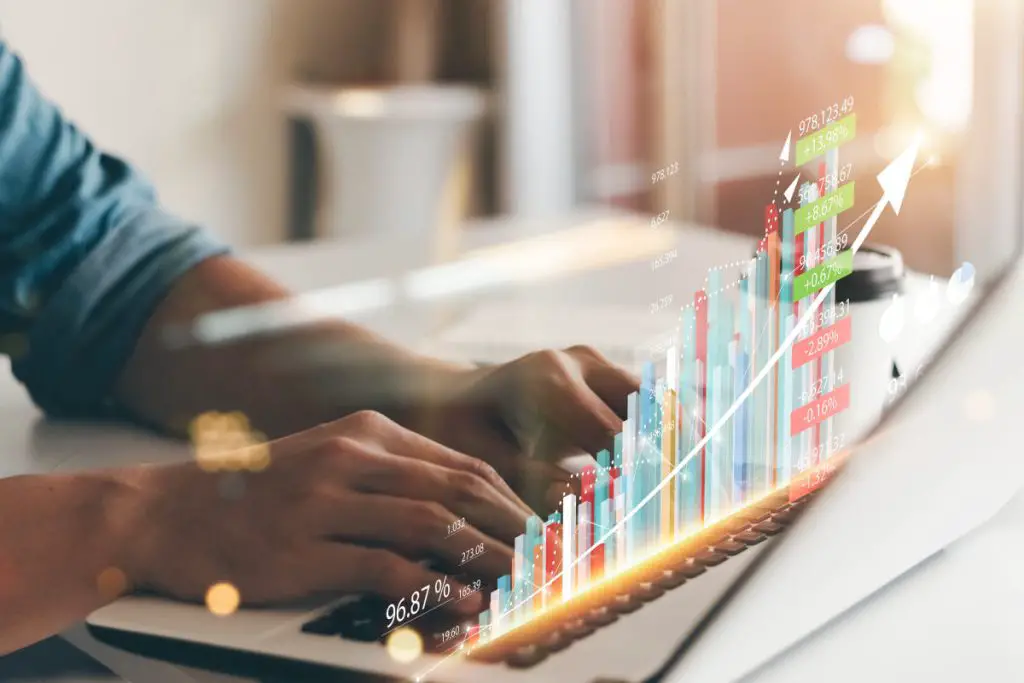
What leverage is good for $1000?
Leverage is a great tool, but it’s not without risk. Leverage is the use of borrowed money to increase the potential return on an investment. The most common forms of leverage used by investors are margin accounts and options contracts.
Margin Accounts: The most common form of leverage used by investors is margin accounts. Investors with a margin account may borrow up to 50% of the purchase price of the securities they buy with the proceeds from their own cash and equity contribution.
The broker then lends the investor the remaining 50% required to purchase the security.
Options Contracts: Options contracts can be used as a form of leverage, but they are also considered a high risk instrument because they have unlimited risk and limited profit potential (the maximum profit is equal to the amount paid for the option).
Leverage is how many times you can invest a given amount of money. If you have $1000 and want to get more exposure to the market, you can use leverage to do so.
The problem with this is that if the market goes against you, you will lose your entire investment. You can get a small amount of exposure by using other methods such as buying stocks or investing in mutual funds.
If you have $1000 and want to invest in the stock market, it is best to keep it simple and buy one stock or fund. This way, if something goes wrong with one investment, all of your money isn’t tied up in one place.
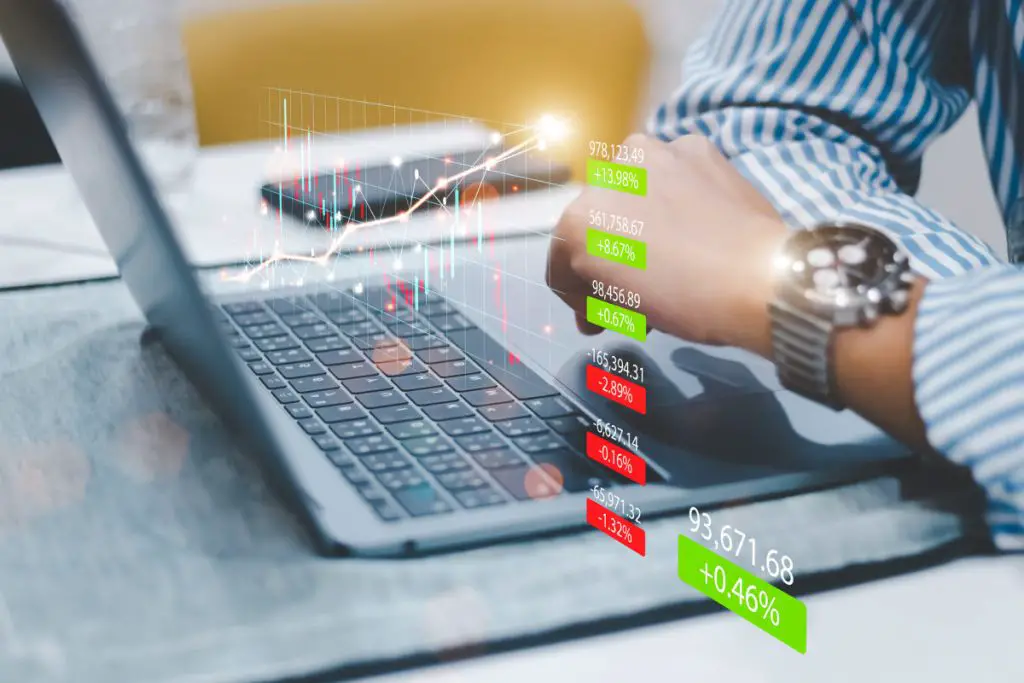
Final conclusion
Ultimately, it will be your decision to decide how much Forex leverage is right for you. If you are a calm trader who is not affected by emotions then 3:1 or 5:1 Forex leverage may be for you.
If on the other hand the thought of deep losses causes you to panic a little then probably 1:1 or 2:1 is the way for you to trade.
Finally, if trading Forex is just a hobby for you and money is secondary then use 0% Forex leverage and deposit only what would hurt too much to lose.
There is no one-size-fits-all leverage for forex. The best leverage will depend on your financial situation and trading goals (after all, some traders are looking for bigger payouts while others are just trying to maintain enough income to get by).
Excessive leverage can be dangerous in the world of forex trading, however, so it’s important to find a balance that works well with your needs.
To answer this question is relatively simple; there is a general rule associated with leverage in Forex, and that rule is “Less Is More.” This is referring to the concept behind leveraging your trades:
If you are trading a $100 account and utilize 2:1 leverage, then you have actually traded as if you have a $200 portfolio.
It is very easy to get caught up using higher amounts of leverage and think you have a large position size when you are really trading like you have a minimal amount of risk capital.
By the same token, it is possible to trade on the other side of the fence, utilizing less than what one may typically use… Yes, I am referring to using lower amounts of margin; you can also utilize lower amounts of leverage by trading with smaller contracts.
Read more article: Practice Account for Forex Trading
Need Forex Trend Scanner? Click Here!



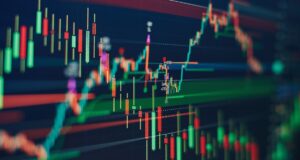




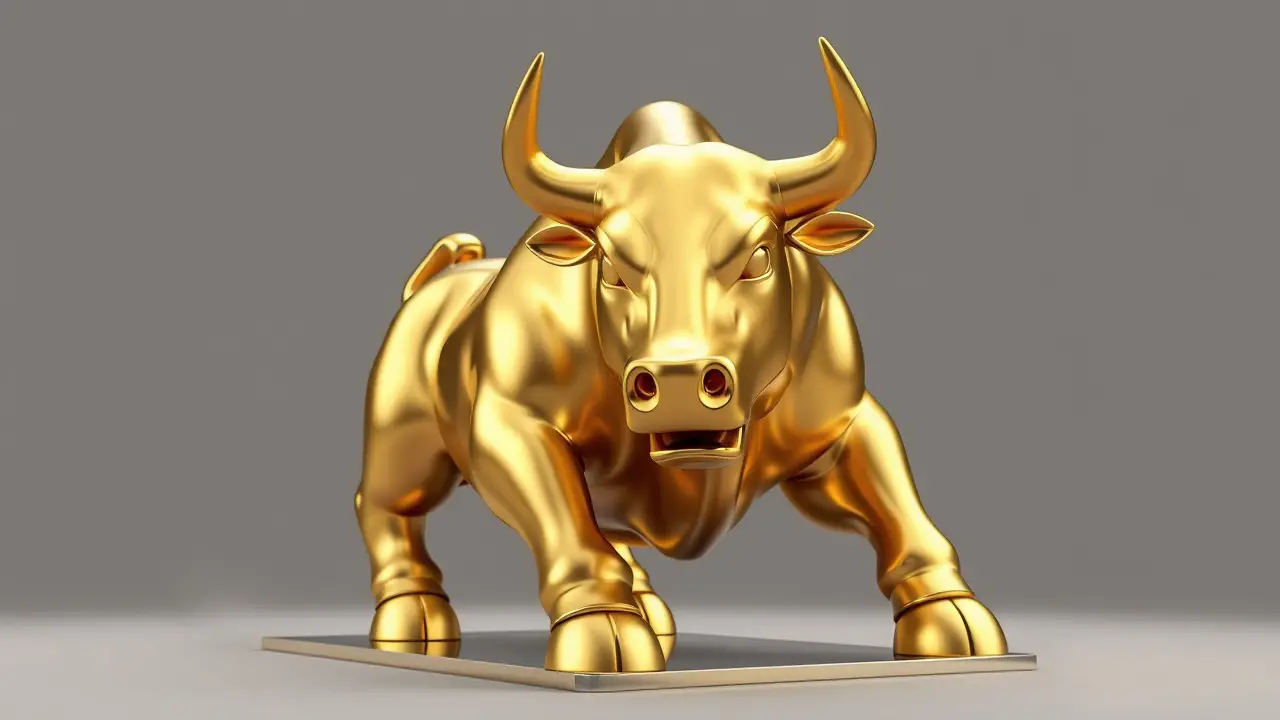
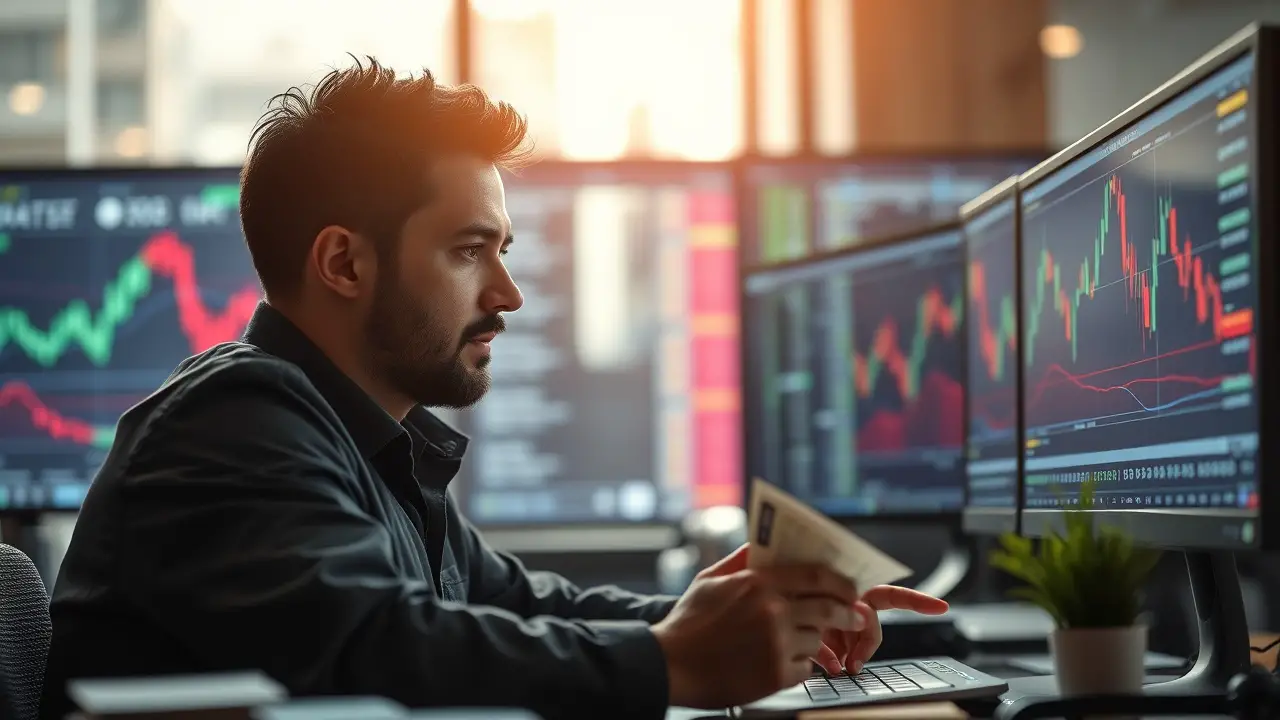

Leave a Reply